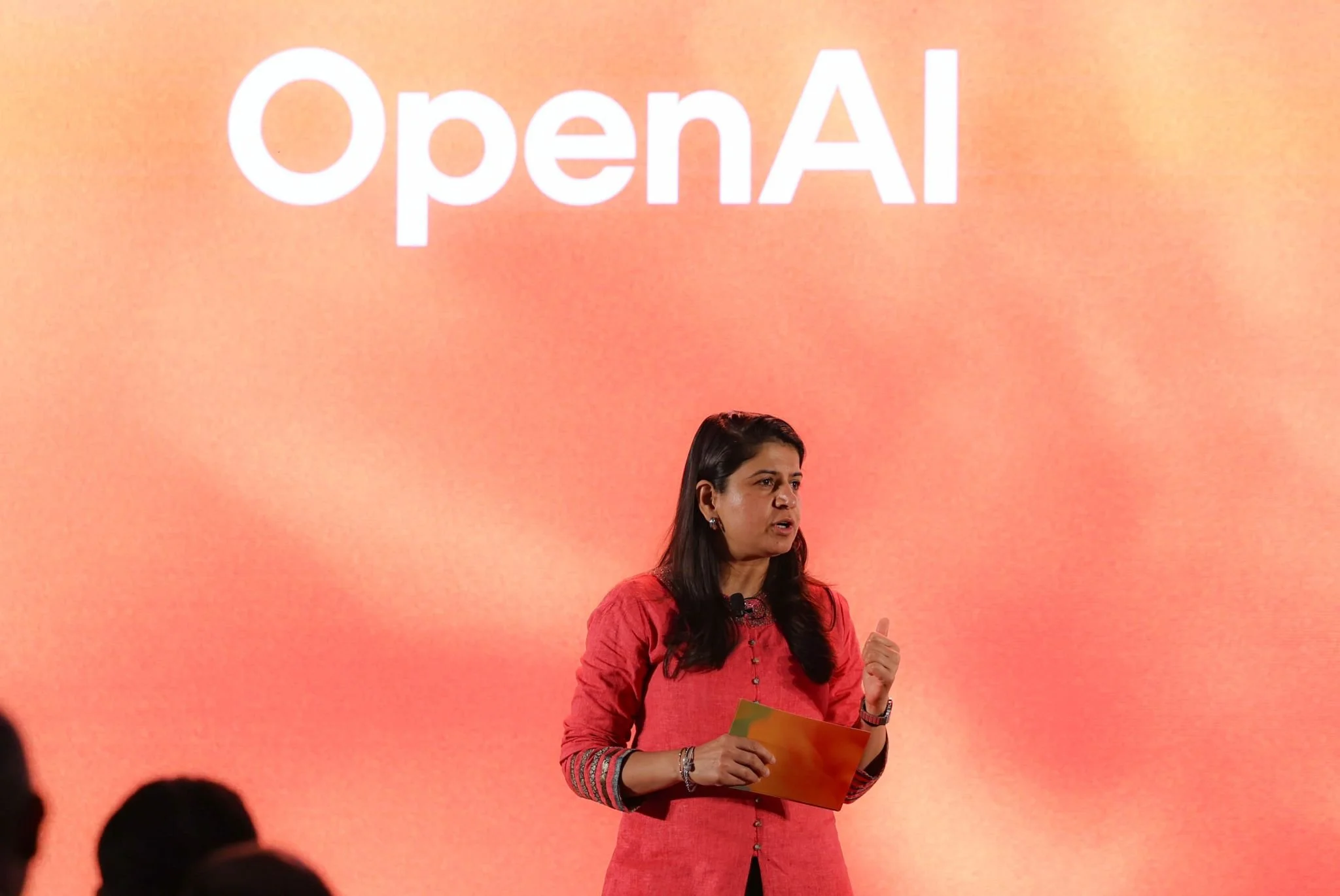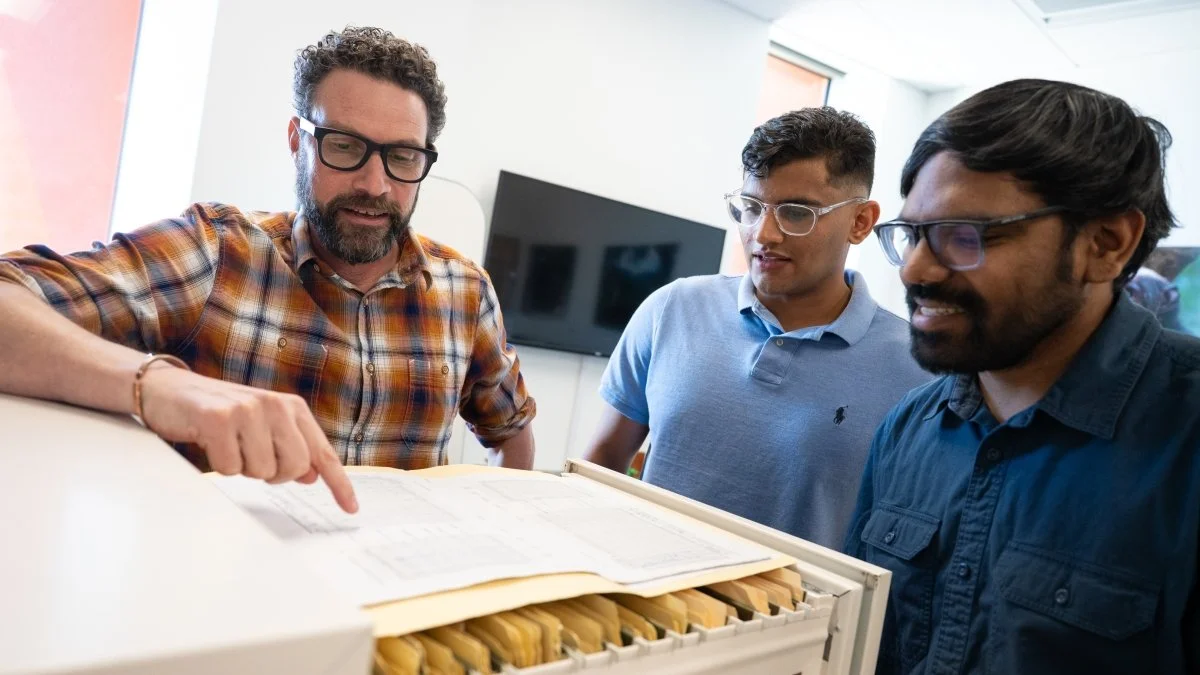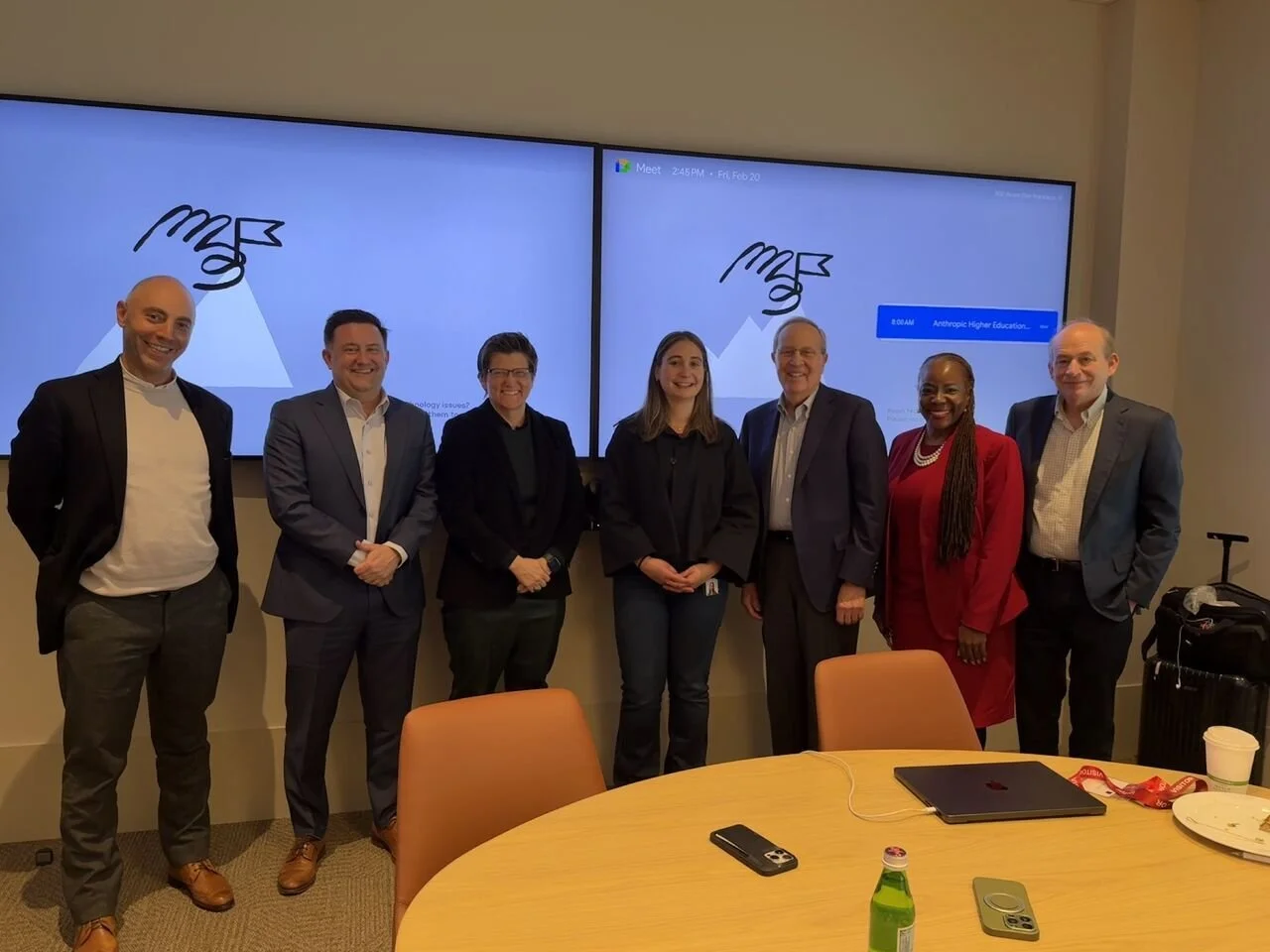UK research and industry join forces to tackle AI, STEM skills, and sustainability challenges
The latest round of EPSRC’s Prosperity Partnerships will see £97 million invested into collaborative projects between universities and businesses across the UK, covering AI-assisted exams, quantum computing, and sustainable drug and battery development.
The Engineering and Physical Sciences Research Council (EPSRC) has announced funding for 23 new Prosperity Partnerships aimed at solving complex challenges across UK industry, from AI-enabled assessments to clean energy and biopharma manufacturing.
The £41 million investment from EPSRC is matched by £56 million from business and academic partners. This marks the sixth round of the initiative, which encourages universities and companies to co-create research projects aligned with national priorities.
Focus on AI, education, and quantum computing
Several of the funded projects align closely with educational technologies and artificial intelligence. A partnership between King’s College London and the exam board AQA will explore the use of AI to support examiners marking GCSE and A-level papers. The goal is to improve accuracy and consistency through a virtual assistant trained to support human judgment.
At the University of Strathclyde, researchers will collaborate with Quantum Motion Technologies to enhance cryogenic electronics for quantum computing. The FIRETRACE project focuses on managing thermal effects in ultra-low temperature environments—considered essential for building scalable quantum systems.
A separate project at the University of Edinburgh, in partnership with Axa, will investigate insurance models for AI systems to manage performance risk and incentivize safer design in emerging technologies.
Science Minister and EPSRC chair welcome initiative
Science Minister Lord Vallance says the new projects highlight the role of research in solving real-world problems.
“These partnerships show the range of real-world challenges the UK’s world-class research base is helping to tackle—from cutting carbon emissions in heavy transport, to improving access to life-saving medicines,” he says.
EPSRC Executive Chair Professor Charlotte Deane adds, “Our flagship Prosperity Partnerships scheme brings together world-class expertise from businesses and academia to solve big challenges to support the growth of industry and advance UK research.”
Health, climate, and manufacturing projects
Other partnerships aim to improve sustainability and healthcare delivery. The University of Cambridge is working with Hitachi Cambridge Ltd to develop enzyme-based systems for converting CO₂ into useful chemicals, and the University of Nottingham is focused on advancing lithium-sulfur batteries that could extend the range of electric vehicles.
At University College London, multiple projects with AstraZeneca and Lonza are targeting improvements in biopharmaceutical development, using AI and automation to speed up production and reduce environmental impact.
University of York is partnering with Synthomer to create biodegradable specialty polymers that reduce reliance on fossil fuels. And at Swansea University, researchers are working with Thales to improve cyber resilience in national infrastructure.
A long-term funding model
Since its launch in 2017, the Prosperity Partnerships program has awarded over £600 million in joint funding from government, research institutions, and business. Previous collaborations have supported innovations such as zero-emission buses and advanced aerospace simulations.
A new project between the University of Edinburgh and Rolls-Royce will extend work from a previous partnership, ASiMoV, focused on simulating next-generation gas turbines for cleaner aviation.
“These 23 ambitious projects present a significant investment in the UK’s future,” says Professor Deane. “From speeding up drug manufacturing to longer lasting batteries, these partnerships have the potential to make a real difference to people’s lives and help boost the economy.”





















